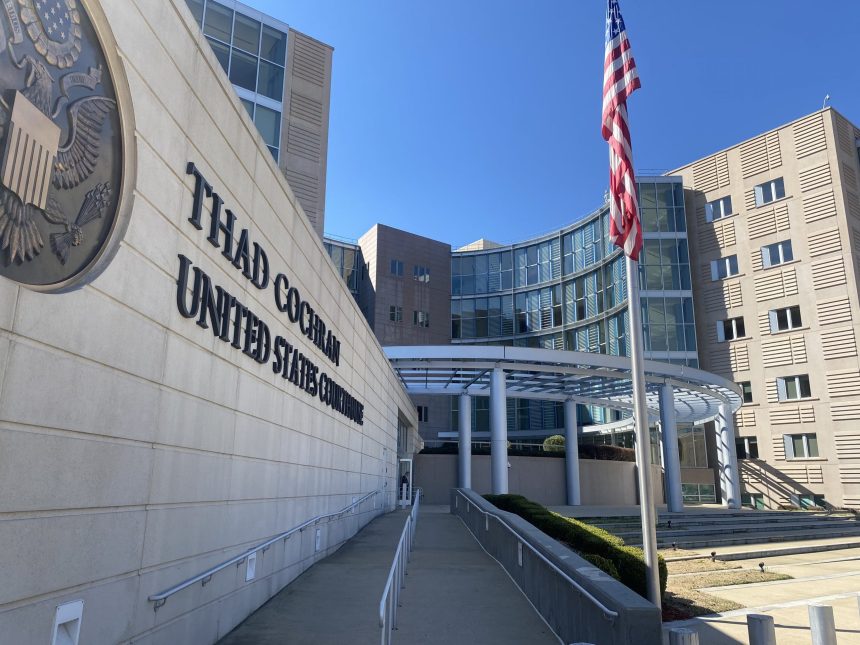A Mississippi law banning public schools from promoting or participating in diversity, equity, and inclusion (DEI) activities on campus is currently on pause as the litigation process unfolds.
On Sunday, U.S. District Judge Henry Wingate approved a motion for a temporary restraining order to block House Bill 1193. The measure aimed at eliminating DEI programs was passed by the GOP-heavy state legislature and signed by Republican Gov. Tate Reeves in April. The move by Wingate follows a lawsuit filed by the Mississippi ACLU and others, on behalf of teachers, parents, and students, in June claiming the legislation violates the 1st and 14th Amendments.
Plaintiffs argue that the bill “imposes content and viewpoint-based restrictions on protected speech, violates the right of students to receive information, and is unconstitutionally vague.” Meanwhile, the state contends that the plaintiffs have no legal standing to challenge the legislation through the litigation process.
In sum, the bill outlaws the practice of using DEI to hire new employees and teach courses at all public schools, including K-12 education centers, junior colleges, and universities that receive taxpayer funding. The legislation also requires local school districts, along with higher learning institutions, to adopt policies and procedures to investigate any possible violations of the regulations on DEI. The legislation did not receive a single vote from a Democratic lawmaker.
In response to the bill’s passage and prospective implementation, the governing bodies overseeing public K-12 institutions, along with multiple universities, began to alter policies relating to DEI out of fear of potentially putting state funding in peril.
Sunday’s court filing included testimony from leaders within multiple universities and representatives of nonprofits claiming that HB 1193’s “vague and punitive provisions” have forced them to scale back or temporarily cease operations providing opportunities to LGBTQ+ and minority pupils. Some have even cited concerns that the alleged vagueness of the legislation could put Black History Month functions in limbo.
“In this Court’s eye, these accounts appear to reflect a broad, chilling effect across public institutions and community organizations,” Wingate wrote. “The affidavits detail not only imminent harm, but a possible widespread suppression of speech, programming, and institutional function. The evidence, at this stage, demonstrates a clear and ongoing deprivation of constitutional rights in a manner not compensable by money damages — thus warranting injunctive relief.”
The temporary restraining order is in place for two weeks, and Wingate can add another two-week stint to its effective run if he feels inclined to do so. However, the plaintiffs and defendants have been directed to appear in federal court on Wednesday for a hearing on a motion filed for a preliminary injunction against HB 1193. A preliminary injunction is a court order that lasts longer than a temporary restraining order.
“At that hearing, the Court expects to receive live testimony and conduct a more rigorous examination of the constitutional and jurisdictional issues raised,” Wingate wrote. “The parties should also be prepared to argue all other motions currently pending before this Court.”
The state has not yet announced whether or not it will appeal the judge’s decision.








